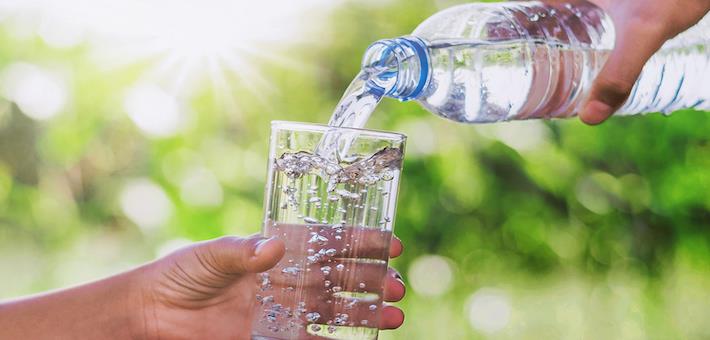
The Power of Peer Influencers: Influential Children Can Make Classmates Drink More Water
A study in the International Journal of Environmental Research and Public Health shows that using influential children to promote water drinking on a Caribbean Island can increase other children’s water drinking and decrease their sugary drinks consumption.
Take aways
- Influential children can stimulate other children’s water consumption, especially when these children believe that those "peer influencers" approve of them drinking water.
- When peer influencers promote drinking water, their peers also drink less sugary drinks.
- For health practitioners and intervention developers, it is important to know that using peer influencers is a powerful method to improve children’s healthy behaviors.
Study information
The question?
Can (influential) children stimulate other children to increase their water consumption and decrease sugary drink consumption?
Who?
377 10-to 14-year-olds (mean age: 11 years old; 54% were girls)
Where?
Aruba
How?
This study was part of the MyMovez project, which was funded by the European Research Council.
The researchers divided the children in two groups. In the first group the most influential children in each classroom were selected and trained to promote water drinking among their peers for eight weeks. To identify the most influential children in each classroom: children nominated up to five classmates whom they “respected”, “wanted to be like”, “looked up to”, “went to for advice”, and “regarded as good leaders”. More information about the training. Children in the second group did not receive any training. Before and after the eight weeks, children reported their water consumption, sugar-sweetened beverage consumption, intentions to drink more water and less sugary drinks in the near future, how often their friends consumed water and sugary drink, whether their friends approved of them consuming water and whether they disapproved of them consuming sugary drinks.
Facts and findings
- After the eight weeks, children exposed to the influential children and who believed that their friends approved of their water drinking consumed more water.
- The children exposed to the influential children also reported consuming less sugary drinks.
- Interesting finding: As in the “Share H2O” study, the training only had an effect on children’s behavior and not on their intentions to drink more water in the near future.